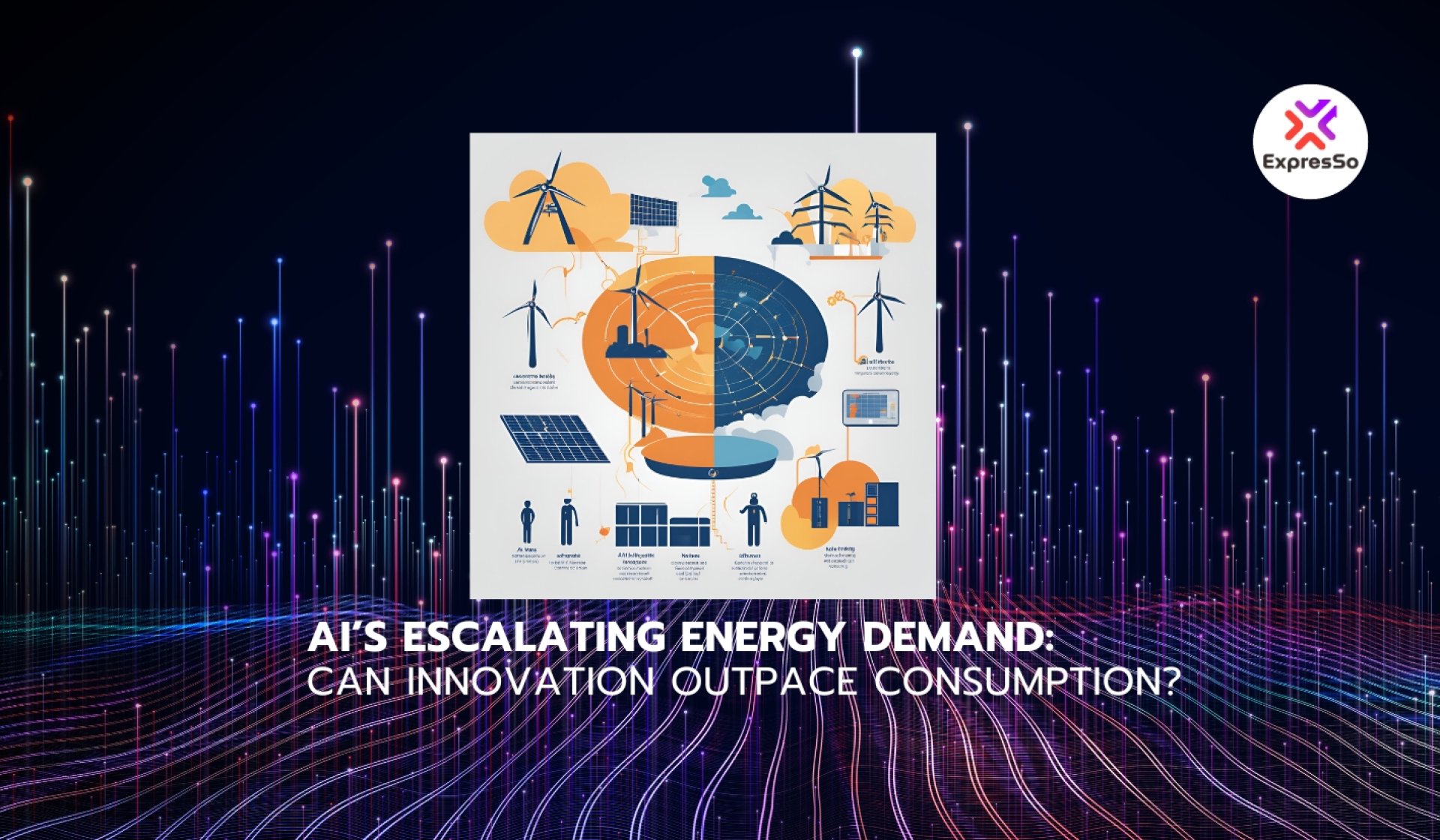Balancing AI's energy needs with sustainability goals

As artificial intelligence (AI) revolutionizes industries, its increasing energy consumption raises vital questions about sustainability. While AI optimizes energy use across various sectors, its own energy demands are escalating, prompting us to weigh its benefits against potential environmental costs.
Market Insights on AI Energy Consumption
Market predictions indicate that the global AI market will reach a staggering $407 billion by 2027. With this growth, energy demands could account for up to 8% of global electricity by 2030. Notably, generative AI is expected to significantly increase energy consumption. However, it also presents opportunities for decarbonization, with the potential to mitigate 5-10% of global greenhouse gas emissions by the same year.
The Broader Impact on Electrical Grids
AI's influence extends beyond its direct energy footprint. As populations grow and electrification trends gain momentum, the strain on electrical grids is intensifying, which could hinder progress toward a decarbonized future. A modern, clean grid is essential for achieving net-zero emissions, making it crucial to address the challenges posed by rising energy demands.
Innovative Solutions for Energy Efficiency
There is hope on the horizon as innovative approaches emerge. Data center operators are exploring alternative power sources such as nuclear and hydrogen. AI's ability to optimize renewable energy integration also plays a crucial role. By analyzing vast datasets, AI can forecast energy production, allowing data centers to utilize energy when renewable sources are abundant, thereby enhancing grid stability and efficiency.
AI is transforming energy efficiency across carbon-intensive industries as well. From optimizing heating and cooling systems in buildings to improving manufacturing processes, AI is poised to play a significant role in reducing energy consumption. However, it is essential to balance AI's energy use with its societal benefits, which requires collaboration among various stakeholders.
The World Economic Forum's Artificial Intelligence Governance Alliance is actively exploring AI's energy consumption and its potential as a driver for the energy transition. This initiative aims to leverage AI to transform various sectors, fostering innovation and sustainability.
What strategies do you believe will be most effective in balancing AI's energy demands with its potential benefits?


